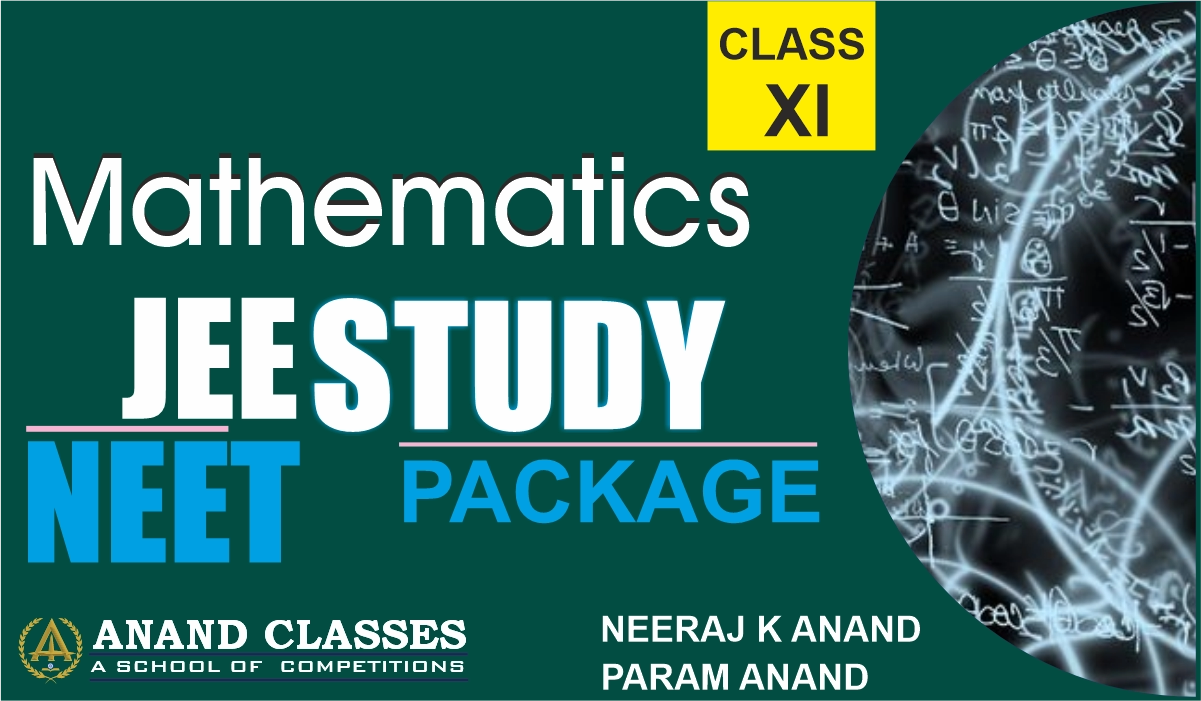What are Significant Figures?
“The significant figures of numbers are digits convey the meaning that contributes to its measurement resolution”. The number 13.2 comprises three significant digits. Non-zero digits are always significant. 3.14159 has 6 significant digits (all the numbers give you useful information). Thus, 67 has 2 significant digits, and 67.3 has three significant digits.
1000 has 1 significant digit (only the one is interesting; you don’t know anything for sure about the units, tens and hundreds of places; the zeroes may just be placeholders; Similarly for decimals, 0.00069 has 2 significant digits (only the 6 and 9 tell us something; the other zeroes are placeholders, only providing information about the relative size). But this rule has an exception, as in the case of 0.000690 has 3 significant digits (that last zero tells us that the measurement was made accurate to that last digit, which just happened to have a value of zero). one thousand six (1006) has 4 significant digits (the one and six are significant, and we have to count the zeroes because they’re between 2 the significant digits).
Application of Significant Figures
These examples can be incorporated into a list of rules for Significant Figures;
- All non-zero digits are significant: 4.321g has four significant figures.
- Zeroes between non-zero digits are significant: 1002 kg has 4 figures.
- Leading zeros to the left of the first non-zero digits are not significant;
- Trailing zeroes that are also to the right of a decimal point in a number are significant:0.0260 mL has three significant figures.
- When a number ends in zeroes that are not to the right of a decimal point, the zeroes are not necessarily significant: 140 kilometers maybe 2 or 3 significant figures.
To resolve this confusion presented by the last rule, we can use the standard exponential representation of the numbers. For example,
3.69 × 104 calories (3 significant figures)
3.069 × 104 calories (4 significant figures)
Exact Number
Some numbers are known with certainty like there are 12 inches in a foot or there are 50 students in a class. Such measurements do have scope for uncertainty. Exact numbers are often found as conversion factors or as counts of objects.

